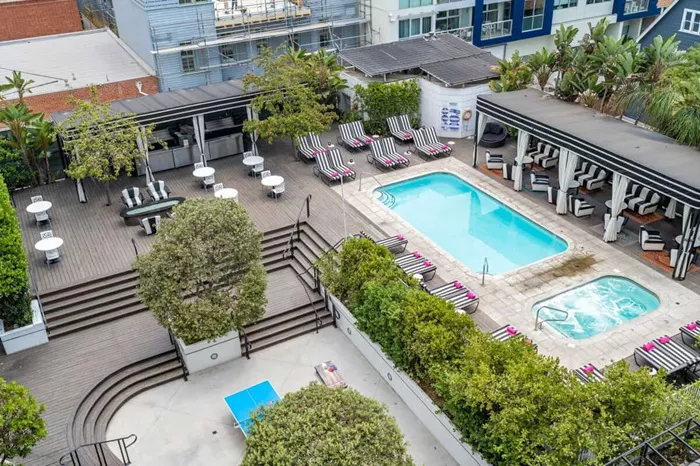The iconic Shangri-La Hotel in Santa Monica has closed its doors once again, this time under the shadow of its most recent operator, Sonder, a San Francisco-based tech hospitality company. The 86-year-old hotel, renamed The Beacon during Sonder’s short-lived management, was shuttered as part of the company’s ongoing financial retrenchment.
Sonder, which took over the Shangri-La in 2023, had converted the Art Deco landmark into a tech-driven, automated stay experience—removing traditional front desk services and physical room keys in favor of app-based check-ins and on-demand housekeeping. The company’s young CEO, Francis Davidson-Tanguay, dismissed the conventional hospitality model, telling Skift, “The fact that hotels still have a person typing in who knows what when you’re checking in is a complete joke.”
But Sonder’s tech-first gamble hasn’t paid off. In the past year, the company:
- Closed 80 locations
- Laid off 17% of its workforce
- Received a delinquency notice from Nasdaq
- Survived only after securing an $18 million capital injection
The Santa Monica closure isn’t isolated. A former Sonder-run hotel in Downtown Los Angeles, known for its Craftsman architecture, was recently tied to a $56 million loan default, according to CRETECH. The broader narrative signals a rough road ahead not only for Sonder, but also for tech-led hotel models that sidestep traditional service and hospitality in favor of automation and cost-cutting.
As the once-glamorous Shangri-La sits dark once more, its future remains uncertain—caught between a legacy of luxury and the fallout of a failed digital reinvention.

